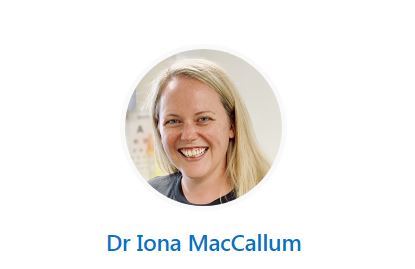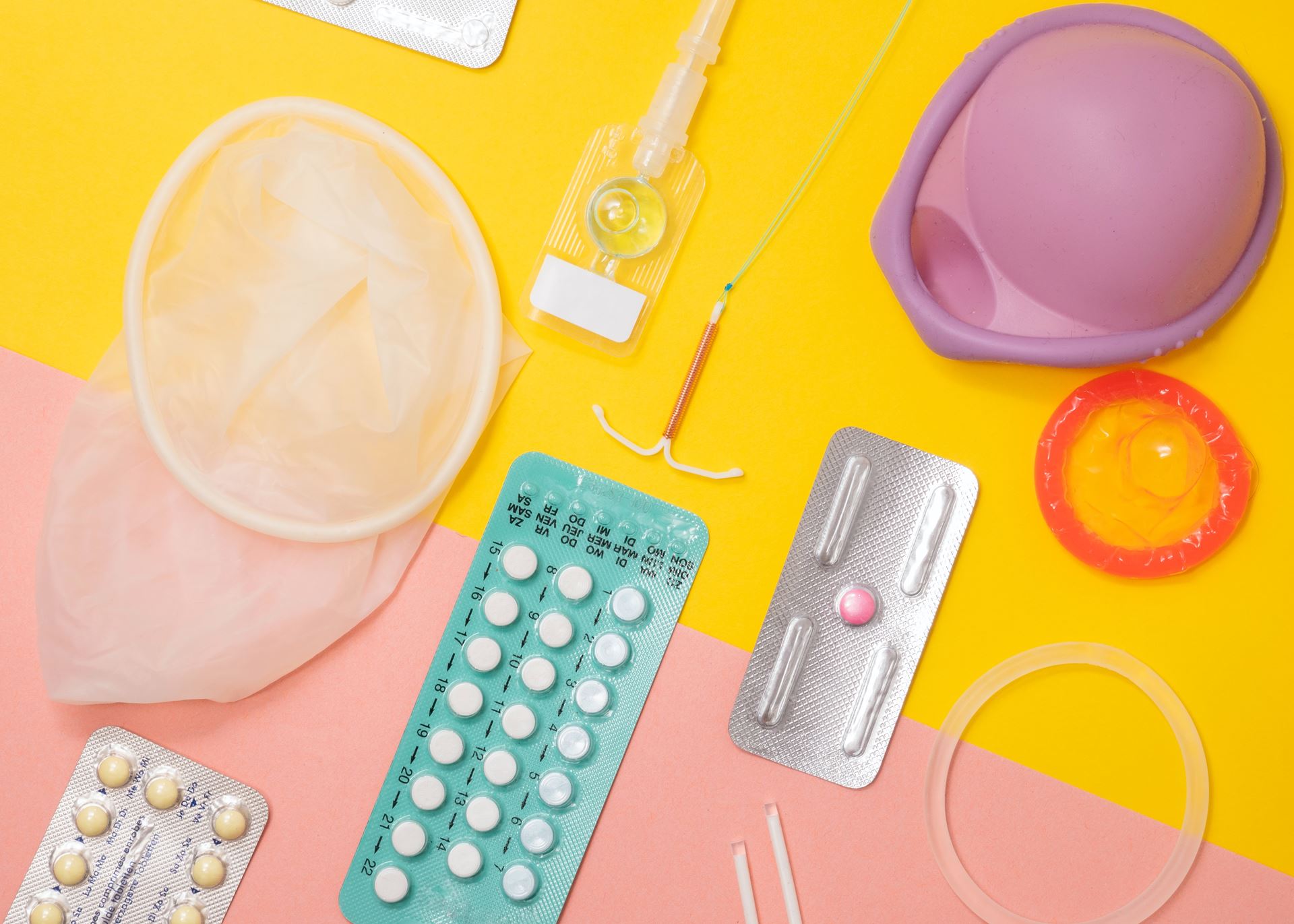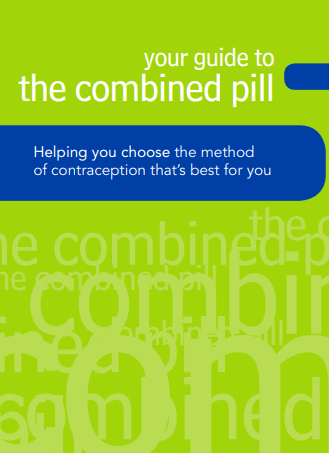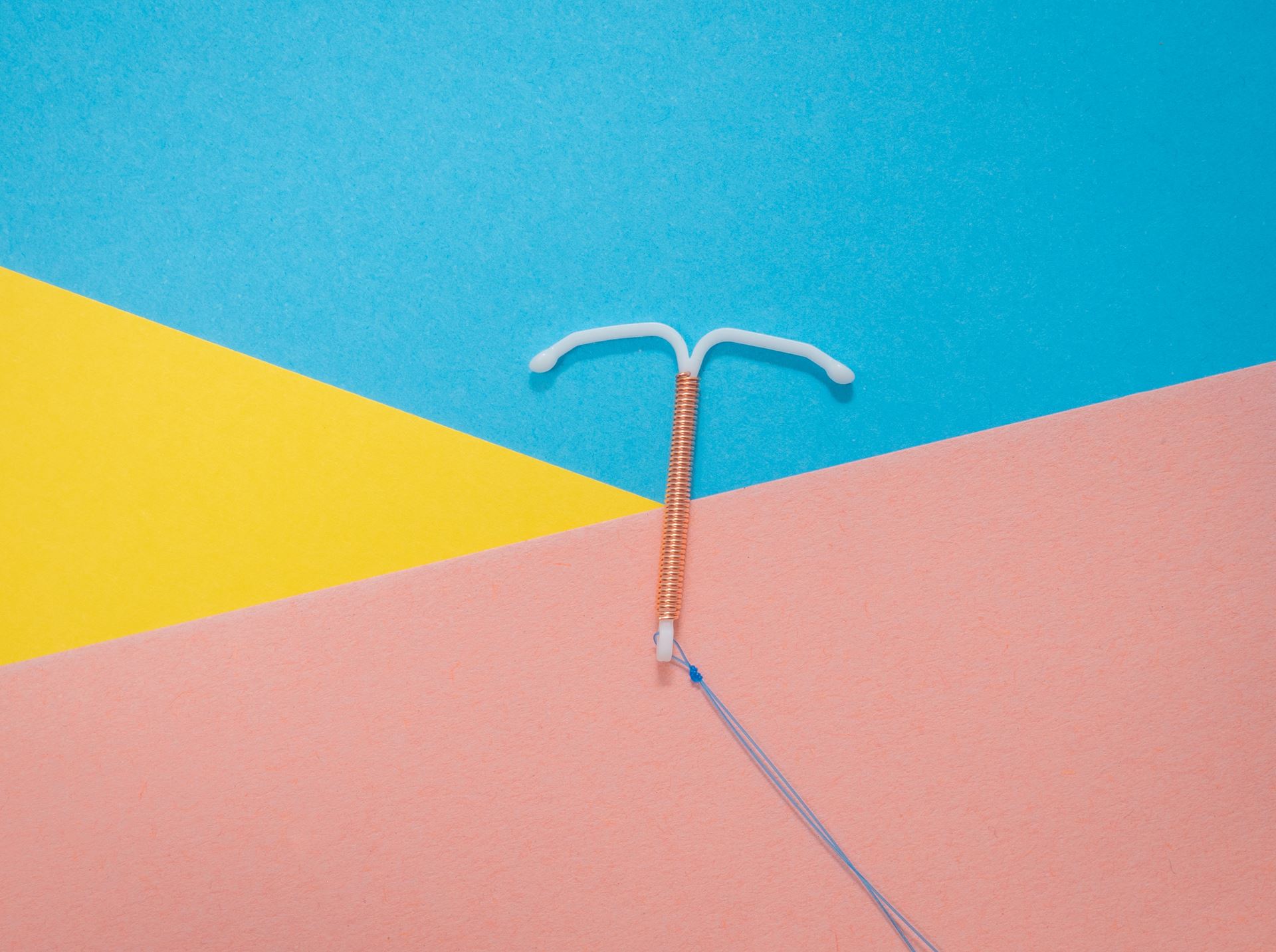Contraception
Contraceptive Support at Bangholm

Lyndsay, our Nurse Practitioner can help with any contraceptive queries. If you would like to start using birth control, but are unsure about the differences between the various forms- contact Lyndsay; she can walk you through the different options and can work with you to decide which option will work best for you.
If you decide to receive a contraceptive implant, Dr Ewles provides implant insertions here within the practice.


Our very own Dr Curtin provides a coil service within the practice, where patients can come along to the surgery and have a contraceptive coil fitted.
Dr MacCallum, another of our GP's offers both contraceptive coil and implant insertion and removals within the practice.

What is Contraception?
Contraception is the term used to describe methods which aim to prevent pregnancy. There are many methods of contraception which are free, and all contraceptive services are kept confidential.
Types of Contraception
Contraception types can be divided into different groups:
- Barrier methods (e.g. condoms)
- Combined hormonal contraceptives (COCP, or the “combined pill”)
- Progesterone-only contraceptives (POP, or the “mini pill”)
- Long-acting reversible contraceptives (LARC, including the implant, injection or the coil)
- Sterilisation (or getting your “tubes tied”)
- Emergency contraception (or the “morning after pill”)
- Natural family planning
The Sexwise website has a very useful guide and summary table for the different types of contraception used in the UK. This NHS video also gives key information on the different contraceptive types.
Different contraceptive methods will be better for different people. Some methods of contraception may not be suitable for you, depending on your pre-existing health conditions and family history. For example, the combined pill may not be suitable if you have a history of migraine with aura (vision changes), or if you or someone in your family has had blood clots before. In such instances, we may reccomend other contraceptive methods, such as the mini-pill, implant, injection or coil.
If you require any help or are looking to start birth control, please contact Lyndsay, our Nurse Practitioner. We will work with you to decide the best type of contraception for you.

Emergency contraception
There are three types of emergency contraception:
- Levonelle® (levonorgestrel emergency contraceptive pill)
- EllaOne® (ulipristal acetate emergency contraceptive pill)
- Copper intrauterine device (IUD)
If you require emergency contraception, please contact Lothian sexual health, 9am to 3pm, Monday to Friday. Alternatively, you can visit your local pharmacy.
The copper IUD is the most effective method. It is a small device which is inserted into your womb and can be used for emergency contraception up to five days (or more in some cases) after unprotected sex. If an emergency copper IUD is inserted after unprotected sex, it is extremely unlikely that you will get pregnant. Once it is fitted it can be kept as your ongoing method of contraception if you want, or removed after your next period.
EllaOne® is an emergency contraceptive pill which can be taken up to five days after unprotected sex to reduce the risk of an unplanned pregnancy. It should be taken as soon as possible after unprotected sex to have the best chance of preventing pregnancy. The levonorgestrel emergency contraceptive pill (eg Levonelle®) can be taken up to 72 hours after unprotected sex to reduce the risk of an unplanned pregnancy. However, it works best if it is taken as soon as possible.
Page created: 04 September 2020





